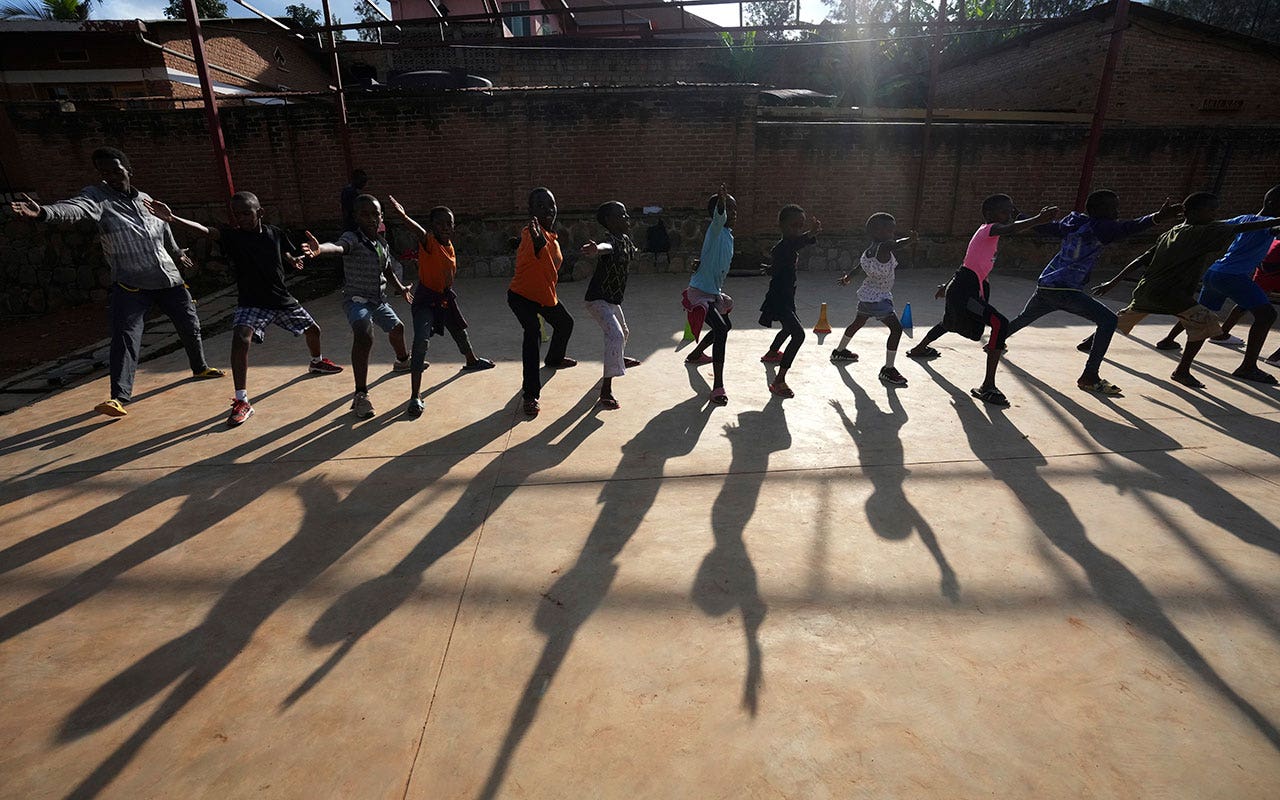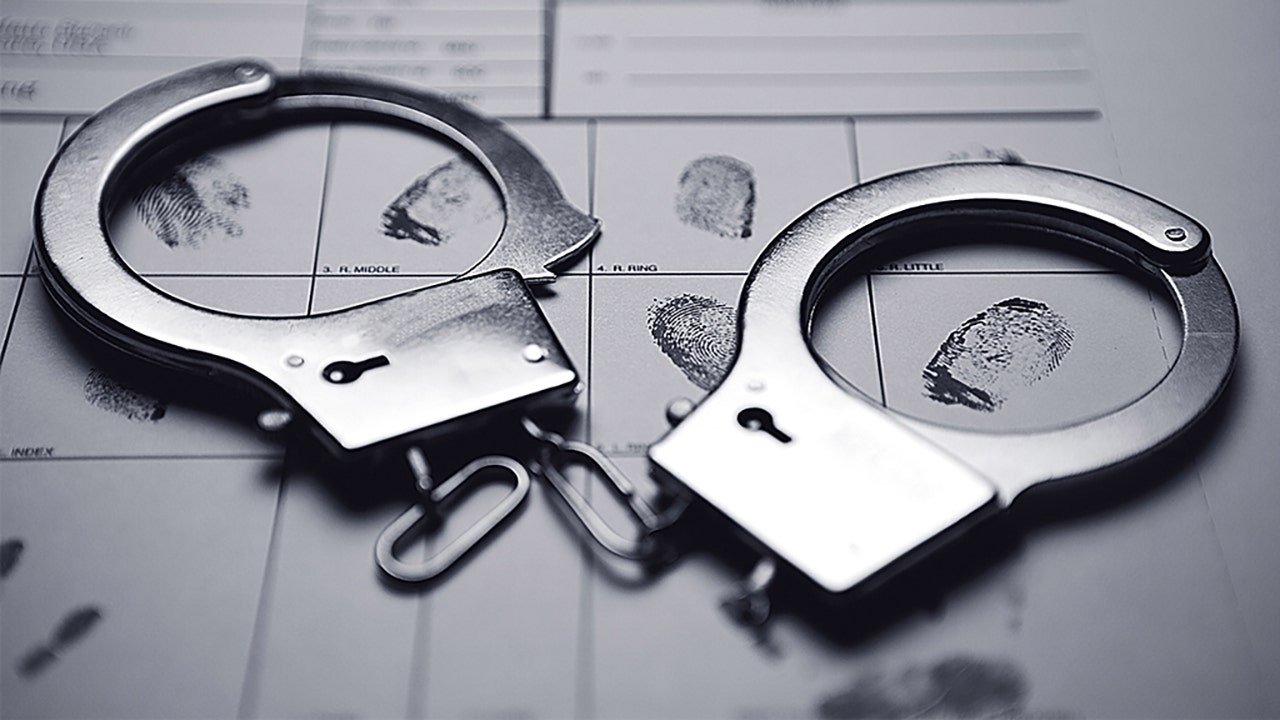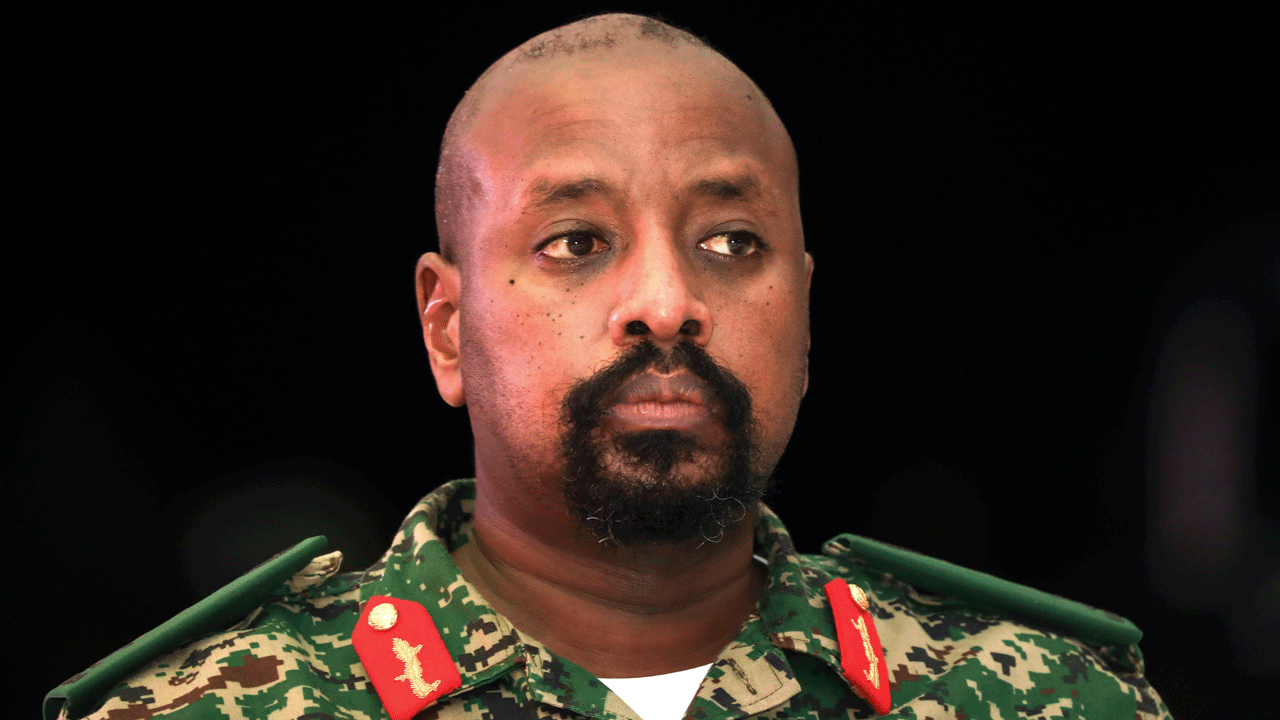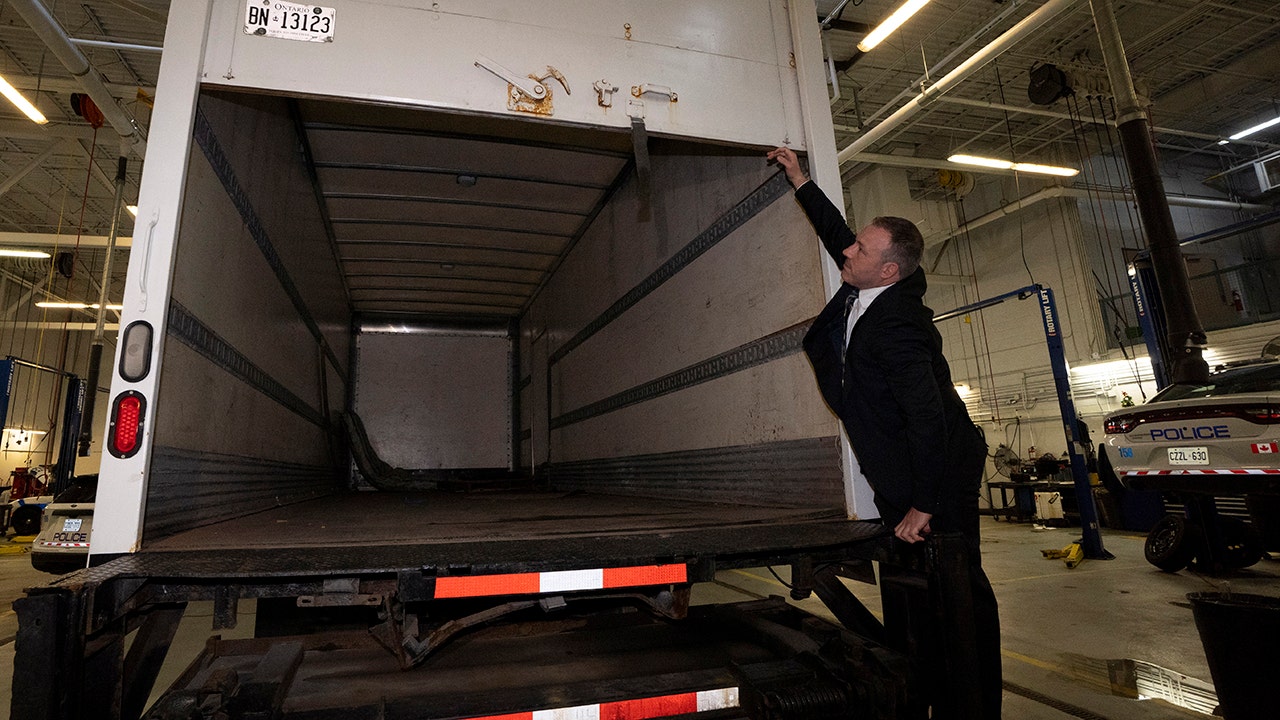The World Anti-Doping Agency on Tuesday cleared itself of wrongdoing over its decision not to discipline elite Chinese swimmers who tested positive for a banned drug in the lead-up to the previous Summer Olympics, even as new details emerged that raised questions about how it had handled the decision.
A special prosecutor appointed by the antidoping agency, known as WADA, to review its decision said he had found that the agency made an “indisputably reasonable” decision not to impose penalties on the swimmers, and concluded that the agency had not shown preferential treatment to China.
But in an annex to his report, the prosecutor noted that two top scientists at the agency said they had difficulty believing China’s claim that the swimmers had been unwittingly contaminated.
WADA’s decision to clear itself of wrongdoing is unlikely to satisfy antidoping experts and other critics — particularly those in the United States — who have contended that the investigator, Eric Cottier, was handpicked by agency officials and that the doping regulator, along with the Chinese, covered up the positive tests in 2021.
The announcement came five days after it was revealed that the Justice Department and F.B.I. had opened a criminal investigation into how the positive tests were handled. And it emerged a little more than two months after The New York Times revealed that 23 top Chinese swimmers all tested positive for the same banned heart medication months before the 2021 Summer Games in Tokyo.
China’s antidoping agency blamed a mass contamination incident for the positives, in which the swimmers, it said, unwittingly ingested the banned drug trimetazidine, known as TMZ, after eating food served at a hotel where they were staying for a meet.
Despite being unable to prove how or why the swimmers ingested the drug, WADA — which is supposed to be the backstop when countries fail to properly police their own athletes — essentially took the Chinese explanation at face value when it declined to conduct its own investigation or discipline the athletes.
The lack of punishment paved the way for some of the Chinese swimmers to win medals — including three golds — at the Tokyo Olympics. Eleven of the 23 swimmers who tested positive are on the Chinese team set to compete in the Paris Games this month. Several are once again favorites to win medals.
In announcing the prosecutor’s findings, the head of WADA said the agency would now turn its attention to targeting those who, it said, had defamed the agency.
“Now that it has been confirmed by the independent prosecutor that there was no impropriety connected to WADA’s handling of the case, the agency will consider with external legal counsel what measures can be taken against those that have made untrue and potentially defamatory allegations,” WADA’s president, Witold Banka, said.
He charged that news reports and accusations of a coverup “have been extremely damaging to WADA’s reputation and to the confidence and trust that athletes and other stakeholders have in the agency and in the global antidoping system.”
Mr. Cottier’s investigation was limited in its scope. It did not, for example, study how China originally handled the cases and the information it relied upon to clear its swimmers. And the report he delivered is only in an interim form; a final version will not be completed and published before the start of the Paris Olympics, WADA said, even though some of the Chinese swimmers involved in the doping case — including several who have tested positive more than once without punishment — will compete in them.
WADA’s director general, Olivier Niggli, said the final report would be completed “in the coming weeks” and then discussed with the agency’s governing board in September. “We understand that it will contain recommendations aimed at strengthening the global antidoping system, which we welcome,” he said.
As part of its announcement on Tuesday, WADA released Mr. Cottier’s report and an annex to it. Included in the annex were details of internal discussions between two of WADA’s top scientists in 2021, as the agency grappled with how to deal with the positive tests in China.
According to the annex, WADA’s chief scientist, Olivier Rabin, said that he had doubts about the science behind the Chinese claims of contamination and “that the Chinese had not found, among the kitchen or hotel staff, a person taking TMZ.”
WADA’s top scientist responsible for its banned substances list, Irene Mazzoni, said she had expressed “her difficulty in believing in the contamination due to the minimal doses found in the kitchen” where the drug had been found, according to the report.
But both scientists said they had no choice but to accept WADA’s decision because they could not disprove the Chinese claims.
Mr. Rabin “saw no other solution than to accept it, even if he continued to have doubts about the reality of contamination as described by the Chinese authorities,” according to the report.
The choice of Mr. Cottier to conduct the investigation drew criticism from the start. A former attorney general of Vaud, a Swiss region that for years has been the center of international sports as home to several governing bodies, he had close links to WADA and Olympic officials. He had been nominated to lead the investigation by the official who was in charge of auditing WADA’s intelligence and investigations department at the time the Chinese swimmers tested positive.
The auditor, Jacques Antenen, served as Vaud’s police chief under Mr. Cottier when the latter was Vaud’s attorney general. In a telephone interview on May 3, Mr. Antenen said he had contacted Mr. Niggli, WADA’s most senior administrator, in the days after the disclosure of the positive tests to suggest that Mr. Cottier might be a good choice to lead any investigation.
“I didn’t recommend him; I just said if you need someone, it’s a good choice,” Mr. Antenen said. He said he did not know if others had been considered for the role.
WADA reacted angrily when questions about Mr. Cottier’s independence were first raised, saying that “attempts to slur the integrity of a highly regarded professional just as he begins his work are getting more and more ridiculous and are designed to undermine the process.”






